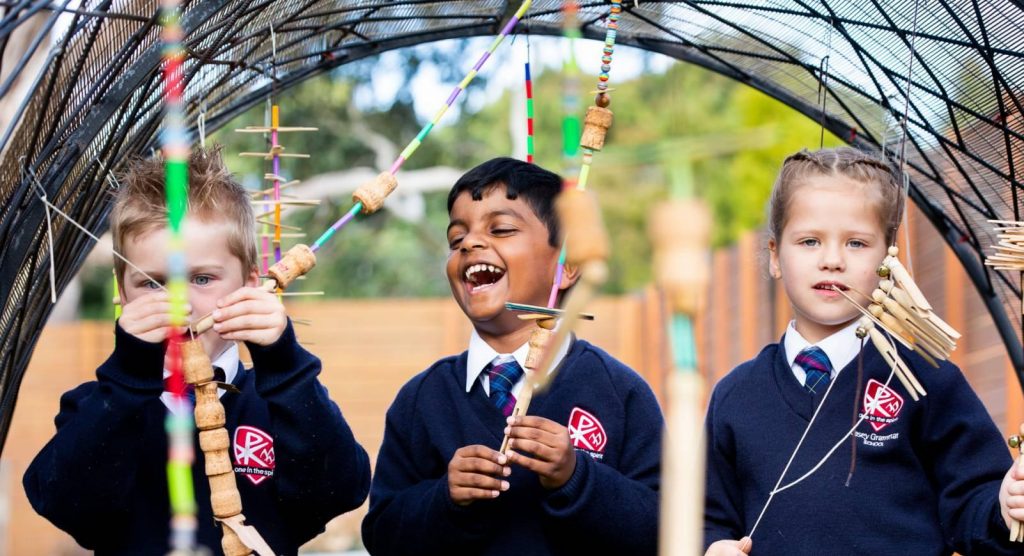Committed to the Safety of all Students
Casey Grammar is a Child Safe School and is committed to the safety and wellbeing of all children and young people.
This is the primary focus of our care and decision-making.
We know children can struggle to achieve their personal best if they are not safe from harm or abuse. Of specific concern is the abuse that occurs when children and young people are exposed to family violence.
At Casey Grammar, our values guide the decisions and behaviours of all members of our school community, including in relation to child safety. These are:
- Respect: Treating others the way we want to be treated and participating in the life of the school
- Excellence: Striving for our personal best by having high expectations, persisting and taking pride in our work
- Integrity: By being honest, trustworthy and true to ourselves
- Compassions: By showing concern, kindness and a willingness to help others
- Inclusive: By accepting differences and embracing diversity.
Casey Grammar has zero tolerance of child abuse in any form.
We are committed to providing an environment where children and young people are safe and feel safe and where their voices are heard about decisions that affect their lives.
Our child safe policies, procedures, strategies and practices are inclusive of the needs of all children, particularly Aboriginal and Torres Strait Islander children, children from culturally and linguistically diverse backgrounds, children with disabilities and children who are vulnerable.
Every person involved in Casey Grammar School has a responsibility to understand the important and specific role they play, individually and collectively, to ensure that the wellbeing and safety of all children and young people is at the forefront of everything they do and every decision they make.
In planning, decision-making and operations, we:
- Take a preventative, proactive and participatory approach to child safety
- Value and empower children to participate in decisions which affect their lives
- Foster a culture of openness that supports all persons to safely disclose risks of harm to children
- Respect diversity in cultures and child rearing practices while keeping child safety paramount
- Provide written guidance on appropriate conduct and behaviour towards children
- Engage only the most suitable people to work with children and have high quality staff and volunteer supervision and professional development
- Ensure children know who to talk with if they are worried or are feeling unsafe, and that they are comfortable and encouraged to raise such concerns
- Report suspected abuse, neglect or mistreatment promptly to the appropriate authorities
- Share information appropriately and lawfully with other organisations where the safety and wellbeing of children is at risk, and
- Value the input of, and communicate regularly with, families and carers.
Mr Alan Clarke
Paediatric Psychologist

 1305
1305











